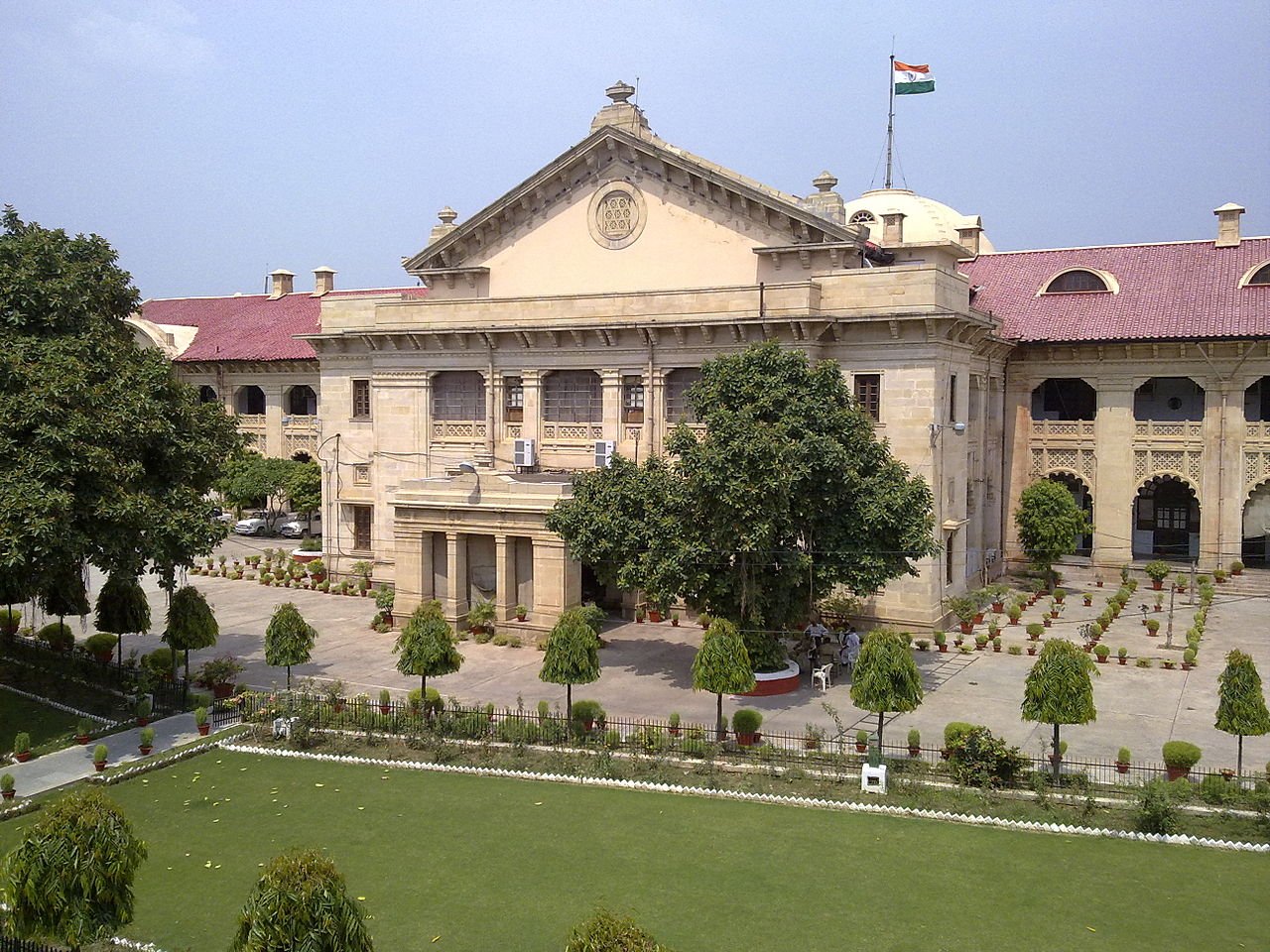The Court passed the order while dealing with a plea filed by a 16-year-old who had become pregnant after she was sexually assaulted by her boyfriend.
The medical board and the investigating police officer are required to provide a clear explanation, in both Hindi and English, to the rape victim and her guardians (if she is a minor) about the benefits and drawbacks of medical termination of pregnancy in cases involving pregnancy termination due to rape.
Justice Swarana Kanta Sharma emphasized the importance of delivering this explanation in a language that the victim and her guardian can easily understand. She urged the investigating officer (IO) and the medical board to make every effort to ensure comprehension.
Furthermore, the Court has directed that, moving forward, in cases of rape involving pregnancy termination, the advantages and disadvantages of the procedure must be explained in Hindi. This is provided that the victim, her guardian, or a minor (in the case of the latter) understands Hindi or English.
The Court issued this order while considering a petition from a 16-year-old girl who was 25 weeks pregnant. The young woman, seeking a medical termination of her pregnancy, claimed that her pregnancy was a result of her involvement with the boy who had sexually assaulted her.
The girl was living with her aunt as her parent had passed away.
During a hearing on August 3, Justice Sharma expressed strong dissatisfaction with the hospital authorities for refusing to provide an opinion on pregnancy termination without a court order.
The bench pointed out that in January 2023, in the case of Minor R Thr Mother H v State of NCT of Delhi & Anr, the Court had issued comprehensive guidelines regarding pregnancy termination in cases involving sexual assault victims with gestation periods exceeding 24 weeks. However, the bench noted that these guidelines had not been followed.
As a result, on August 4 (Saturday), Justice Sharma ordered the hospital to establish a medical commission and conduct an examination of the victim.
After further discussions on Saturday evening, the medical board’s report revealed that the victim had expressed reluctance to undergo a medical termination. The Court then engaged in a conversation with the victim, who shared her fear of the risks associated with the procedure, as advised by the physicians. Her legal guardian (aunt) supported the termination of the pregnancy.
Consequently, the Court referred the victim to the medical superintendent and the medical board at Guru Teg Bahadur Hospital, instructing them to clarify the advantages and disadvantages of pregnancy termination to the victim.
The Court noted that the medical report did not indicate that the attending physician had informed the victim that she might not survive, suggesting a breakdown in communication. In contrast, the Medical Board stated that medical termination of pregnancy was feasible and that the individual in question was of sound mind to make such a choice. The Medical Board was permitted to re-discuss the matter with the victim, and if she reiterated her desire to proceed with the pregnancy without medical termination, she would appear in court on November 6, 2023, at 3:00 PM. If the victim and her guardian expressed a desire for medical termination, and the Medical Board deemed it appropriate, the termination would be performed on the same day, following the instructions outlined in the November 3, 2023 order, to avoid the need for further court orders.
To avoid any misunderstandings, the Court ordered that the medical board inform the victim and her guardian in their native language, Hindi, about the advantages and disadvantages of medical termination of pregnancy and continuing with the pregnancy.
The Court further directed that the victim and her guardian’s consent, whether affirmative or negative, should be obtained in their mother tongue, Hindi, and documented in Hindi before being submitted to the court.
The case will be re-evaluated on November 6 at 3 p.m.
The petitioner victim and her guardian were represented by Advocates Anwesh Madhukar Prachi, Nirwan, and Devesh Khanagwal from the Delhi High Court Legal Services Committee (DHCLSC).
Advocates Alok Sharma and Vasu Aggarwal, along with Additional Standing Counsel (Criminal) Yasir Rauf Ansari, represented the state.



